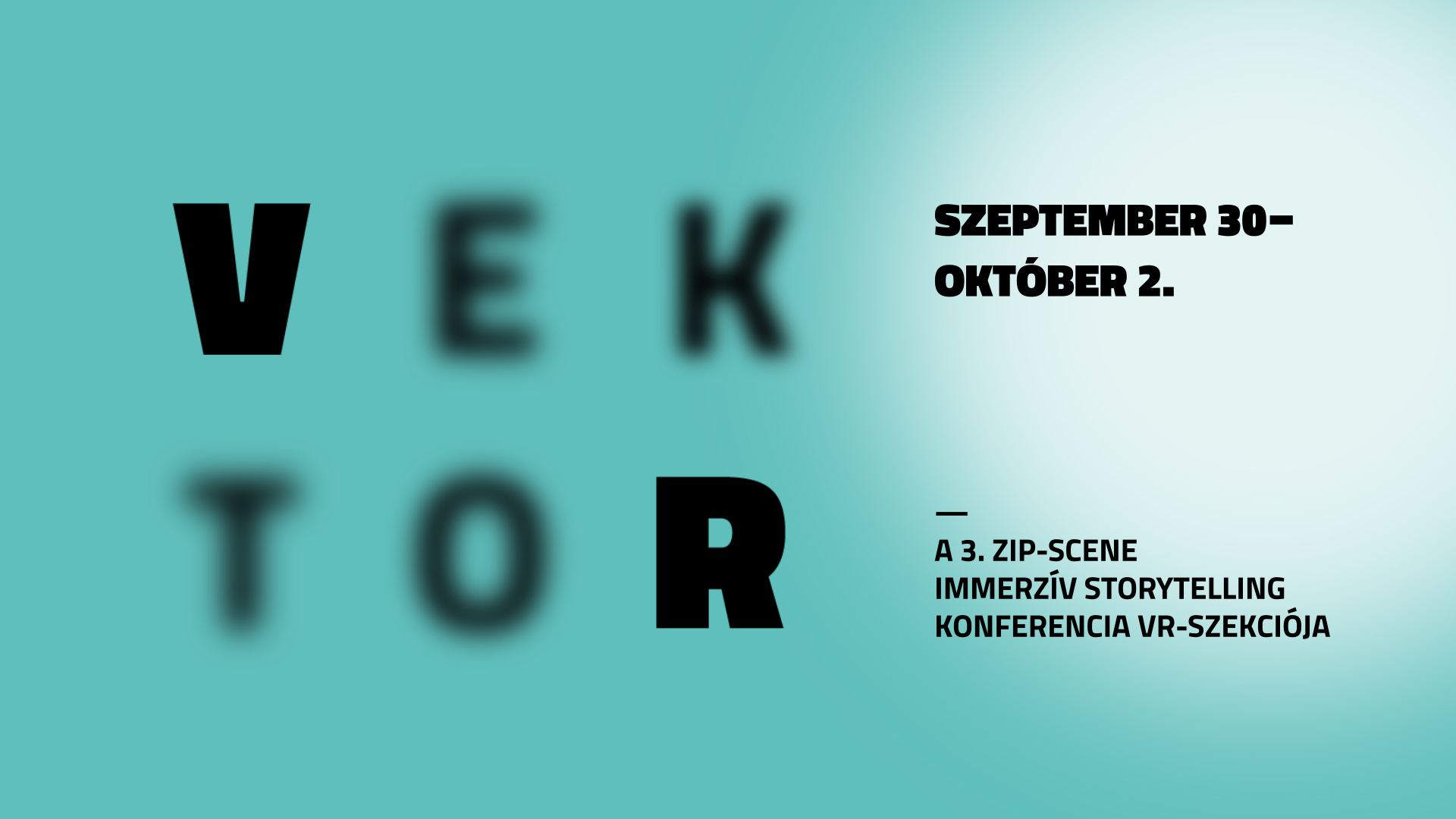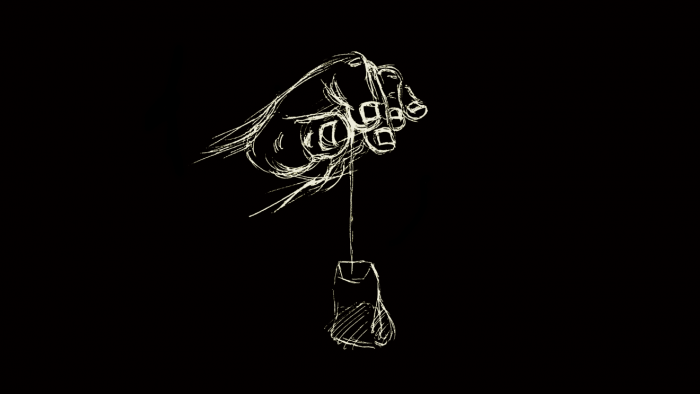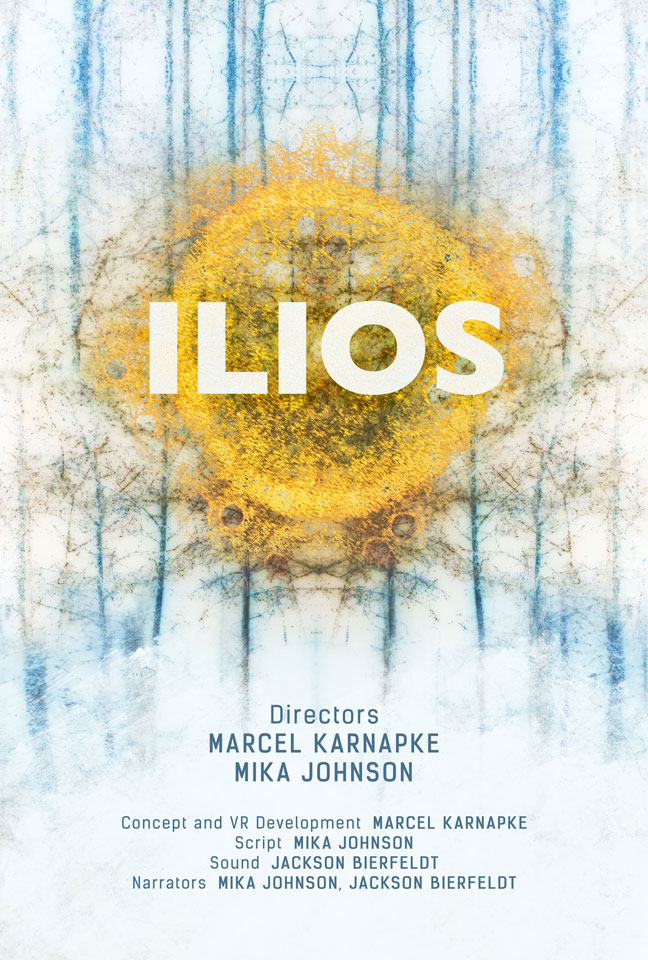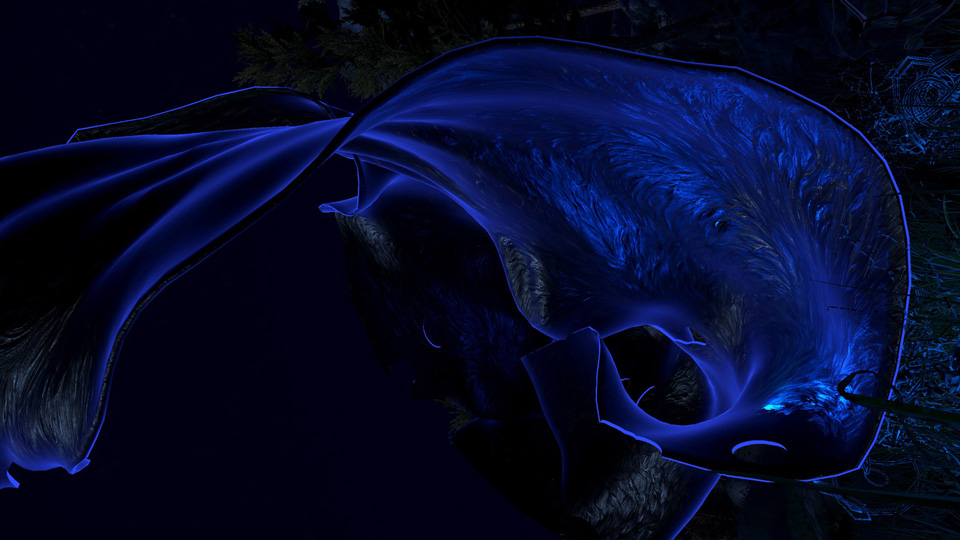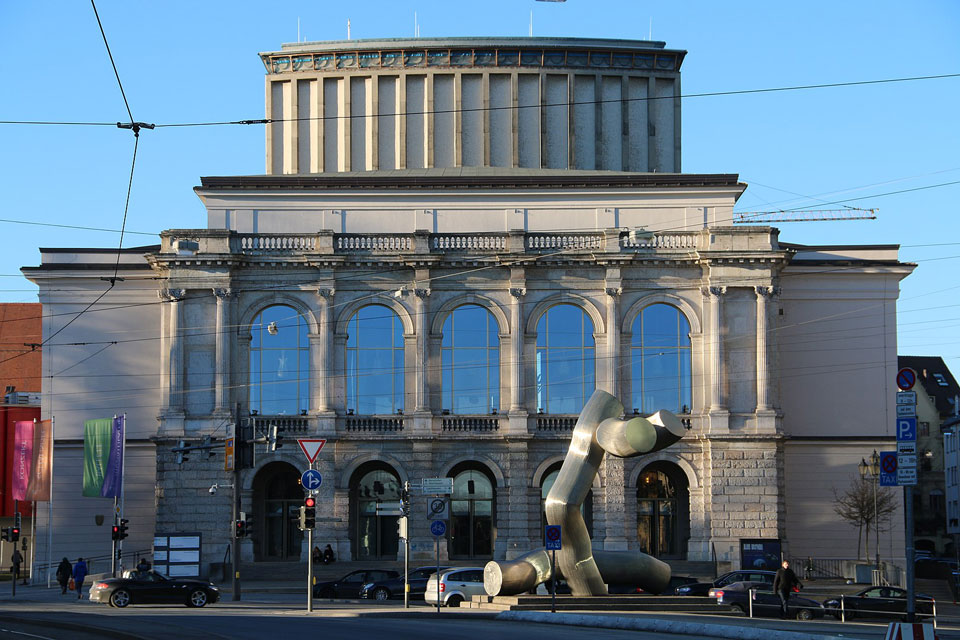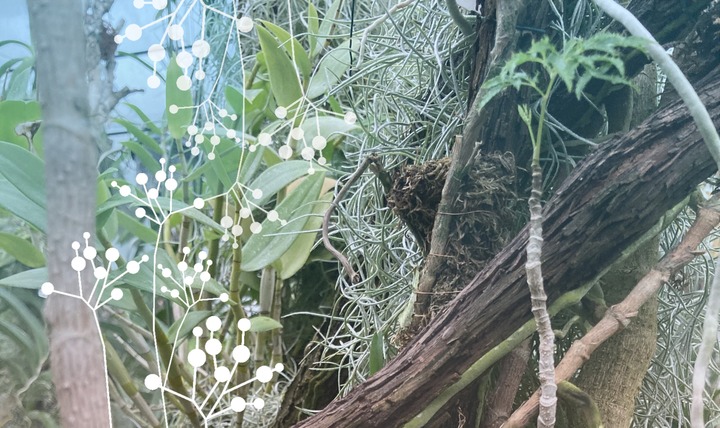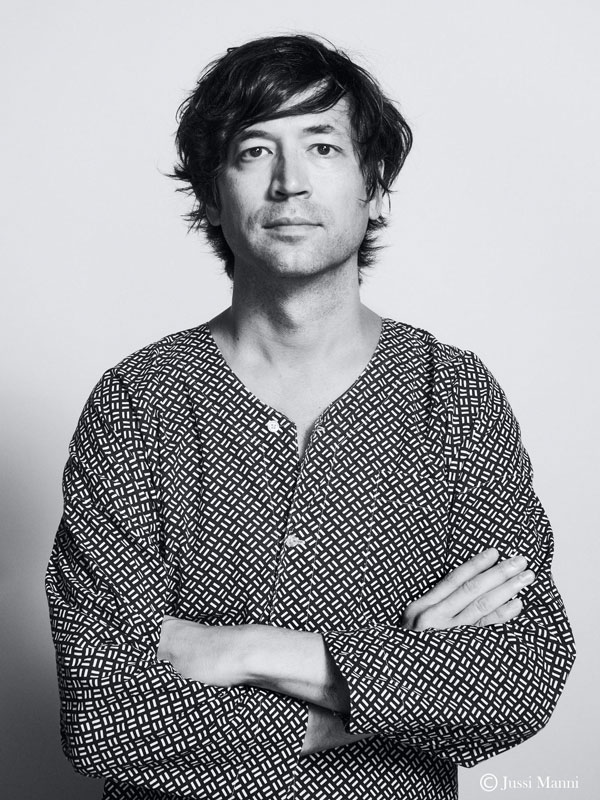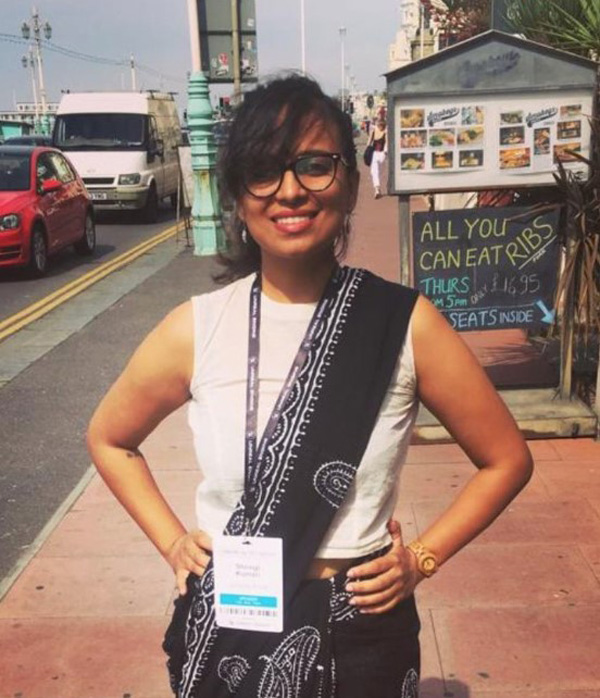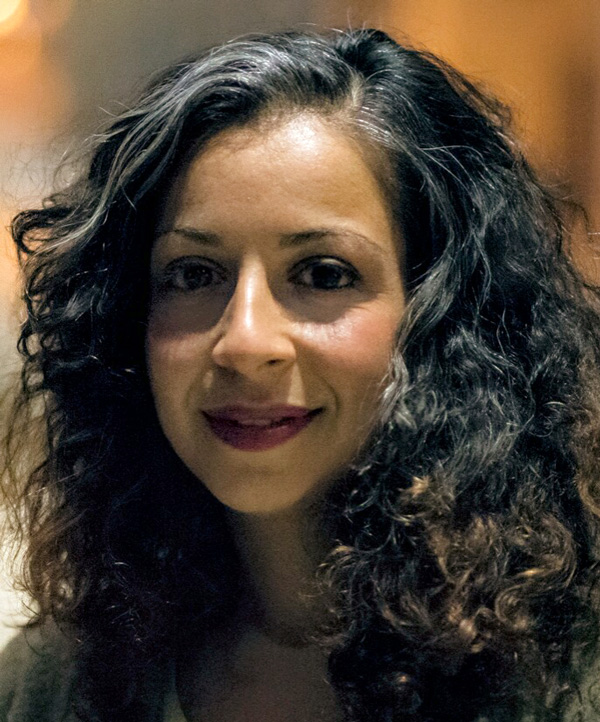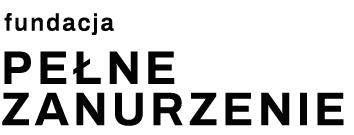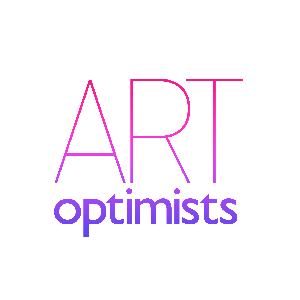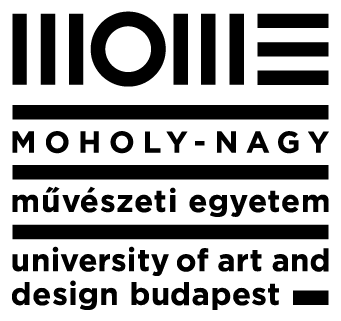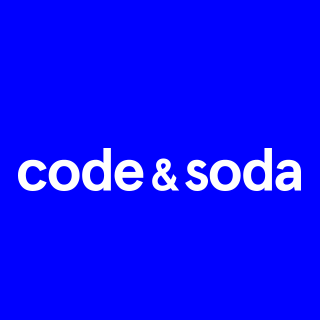III. Zip-Scene Conference on Immersive Storytelling
30 September – 2 October, 2021
Venue:
Moholy-Nagy University of Art and Design, Budapest, Hungary
(The conference will be organized in hybrid format.)
Topic:
Interactive Speculative Narratives – the Speculative Forms of Storytelling and Immersion online, mixed reality mediums, performing arts – during and after COVID-19
Nicholas Taleb considers the pandemic a “white swan event” - something that has been predicted (e.g. that major pandemics will happen), but whose exact form is unforeseeable and that results in major changes (In contrast he takes ‘black swan events’ as equally influential, but unpredictable). The COVID 19 pandemic is such a ‘white swan event’ and one of its consequences is that it made online interactive digital storytelling productions more prevalent, especially, since it was the only form of expression and dialogue with the audience for many creators.
The lockdown period stopped all events that required physical presence pushing artists to use the available tools of digital communication in novel and exciting ways, but also motivating the development of new tools to allow various types of virtual interactions. Examples for the former include the use of the Together Mode in MS Teams to create playful forms of interaction, examples of the latter are e.g. Online Syndicate Platform that was adapted by the company Fast Familiar.
For this year’s conference, we are asking what these changes mean for creators and scholars of interactive digital narratives:
- Are there limits to the adaptation of existing stories from physical environments to online experiences?
- Do online platforms force a reduction of narrative meaning and are they thus a challenge to complex representations?
Previously virtual environments were understood as fragmented (see Jenkins, 2006) does this notion still hold (Jenkins himself more recently modified his earlier predictions), or do we understand VE as a specific “new normal” with its own characteristics? In particular, do VE enable what Murray (2018) has called a “kaleidoscopic habit of thinking” that can help us “envision a more integrated transformational future” and “open up the possibility of expanding our understanding of the world and our cognitive capacity” (Murray, 2018:17). In that sense, VE could also be described as interactive design fictions (Sterling, 2012), virtual sandboxes to try out novel ways of communicating, interacting and expressing in the sense of “Playful Utopias” (Koenitz 2019). This notion connects VEs to the long tradition of literary and cinematic utopias and their effect on reality (cf Shedroff et. al. 2012) and positions VEs as a more democratic, participatory form of speculative narratives.
To better grasp the shifting world and the complexity of the changes, it is important to enhance emerging artistic practices to enable critical reflection while acknowledging the changed relationship between creators and audiences.The Zip-Scene Conference aims to take tools/XR/extended reality (VR/AR/MR) works seriously and treat them on equal footing to film and performing arts. On this basis, we are looking forward to papers that address narrative experiences enabled by digital platforms, especially online and XR.
Papers should address either one or several of the following questions:
Late-breaking developments
- What effect did the COVID-19 pandemic have on interactive digital narrative artefacts?
- What kind of narratives were prevalent in online digital productions in the last one year?
- What is specific to the medium in the latest developments?
- How is speculative design/future studies influencing interactive digital narratives?
- How can IDN’s present the complexity of infodemics? Are there existing or novel practices that can offer a new approach to grasp the complexity of issues such as global warming or migration?
- What novel disciplines can be studied with the help of IDN’s?
- How can physical interactive installations or production be adapted for online versions?
- What design strategies created the experience of full immersivity and presence for their users-turned-participants especially in the last year’s productions (see 2018/4 issue of the journal of Performance Arts and Digital Media).
- What kind of principles of video game design do online/XR productions make use of (e.g. puzzle dependency charts and plot-shaped level design – see Short, 2019)?
- How can we explore free-form play and rule-based gaming as different types of performances within mixed-reality theatre and immersive theatre?
Future applications
- Are IDNs a suitable tool for studying the brain or for understanding consciousness?
- What is the overlap between immersive productions and magic shows? What can the field of immersive storytelling learn from the science of magic?
- How can we overcome dominant notions of established storytelling strategies in order to focus on engaging experiences in scholarship and practice?
Fundamentals of IDN
- What engagement with and control over the narrative path is desirable for the audience turned participants when interacting with IDNs?
- What does immersion mean in virtual productions? What is the audience’s expectation of a sensorial or virtual immersive event?
- What practices can be found that encourage audience participation and co-creation?
- What kind of design strategies can we use to provide a satisfying level of agency to participant audiences and provide opportunities for co-creation?
- What can we learn from a comparison of site-specific live arts productions with those of online projects or VR projects?
- Are interactive digital narrative experiences a media of attraction (see Rouse, 2016) or does the development differ in important ways from that of early film?
Conference themes:
- Interactive storytelling methods
- Interactive videos
- Video games
- Location-based technology (with augmented reality)
- Virtual reality experiences & movies
- Augmented reality in interactive storytelling
- Games-based performing arts practices using new technology tools
- Interactive Museums
- Immersive environments (media archeology and phenomenological approach)
- Transmedia storytelling
Proposals may be for a paper or a panel and should be related to at least one of the conference themes. Deadline for submitting the proposals is May 27, 2021. Please send us your abstract (max 350 words) and a short bio (max. 300 words) to the address: zipscene@mome.hu and please in CC: bakk@mome.hu. The papers will be reviewed by the conference committee. If your proposal will be accepted you will be given 20 minutes for your presentation.
We aim to carry out this conference preferably as an offline event based in Budapest, should the circumstances of the current pandemic permit. The organizer reserves the right to make changes to the event program.
Registration fee: EUR 65 (physical attendance) - for online presenters we will offer a lower fee proposal
More information about visitor tickets in September.
The organizers cannot cover travel, accommodation and lodging costs. Upon request we can provide you with an invitation letter.
For Whom
The conference addresses scientific researchers, game professionals, programmers, artists, scholars and professionals from the field of performing arts, game studies, interactive storytellers, experience designers, narrative designers, VR-professionals and philosophers concerned with the conference topics. The conference aims to bring together emerging scholars, professionals and creators in order to create a joint platform which would later help individuals to understand and to develop these types of productions.
Organised by:
Zip-Scene
Moholy-Nagy University of Art and Design Budapest
ARDIN – Association for Research in Digital Interactive Narratives
Strategic partner:
- Interactive Digital Narratives for Complexity Representations – INDCOR Cost Action indcor.eu
- Code and Soda Company codeandsoda.com
- Random Error Studio randomerror.studio
Supported by:
International Visegrad Fund
Moholy-Nagy University of Art and Design, Budapest – Innovation Center
INDCOR COST ACTION/H2020
Consultant on behalf of ARDIN/INDCOR:
Hartmut Koenitz
References:
Benford S. & Giannachi, G. Performing Mixed Reality. 2011, MIT Press, Massachusetts
Jenkins. H. (2006). Convergence Culture. New York, University Press.
Koenitz, H. (2015). Towards a Specific Theory of Interactive Digital Narrative. In H. Koenitz, G. Ferri, M. Haahr, D. Sezen, & T. I. Sezen (Eds.), Interactive Digital Narrative (pp. 91–105). New York: Routledge.
Murray, J. Research into Interactive Digital Narrative: A Kaleidoscopic View. In: Rouse R., Koenitz H., Haahr M. (eds) Interactive Storytelling. ICIDS 2017. Lecture Notes in Computer Science, vol. 11318. Springer, Cham, 2018. 17
Rouse, R. (2016). Media of attraction: a media archeology approach to panoramas, kinematography, mixed reality and beyond. In: Nack, F., Gordon, A.S. (eds.) ICIDS 2016. LNCS, vol. 10045, Springer, Cham, 97–107.
Shedroff N. & Noessel Ch, (2012). Make It So. Interaction Design Lessons from Science Fiction. Berlin: Rosenfeld Media.
Short, E. (2019) Mailbag: Self-Training in Narrative Design. https://emshort.blog/2019/01/08/mailbag-self-training-in-narrative-design/?fbclid=IwAR2PgubIPnP69Pw-1UyBkBqlyh1_D2SxfGmDtnIiuk1rDITSQEAnVmiE9Js. Accessed 31 January 2021.
Taleb, N.T. (2020) Corporate Socialism: The Government is Bailing Out Investors & Managers Not You. https://medium.com/incerto/corporate-socialism-the-government-is-bailing-out-investors-managers-not-you-3b31a67bff4a Accessed 31 January, 2021.
